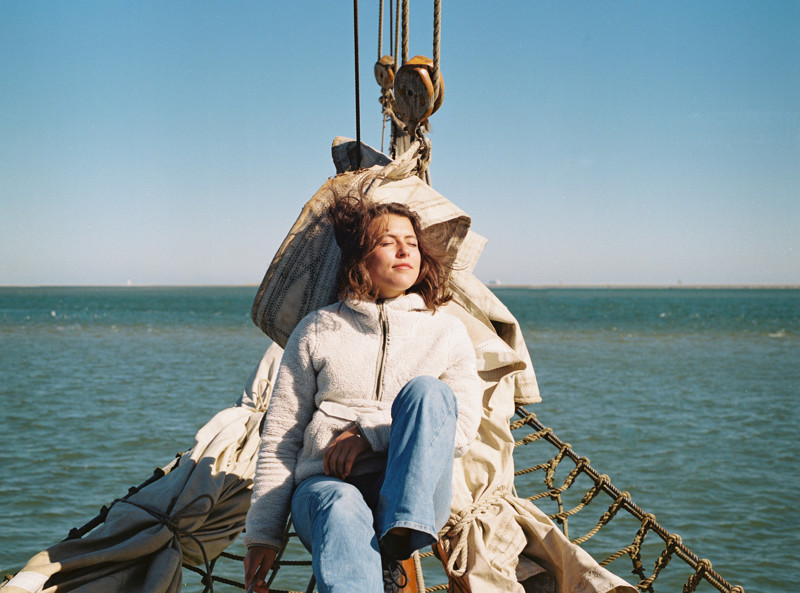Centuries of colonial expansion and capitalist growth have fostered ways of thinking that treat land, water, and people as resources to be extracted, exploited, and commodified. This legacy continues to shape our present, where biodiversity loss, destructive wars and conflicts, the climate crisis, growing inequalities, and the degradation of environments, cultures, and community wellbeing mark the unsettled times we live in. Against this backdrop, there is a pressing need to ecologise our thinking – to reimagine our relationships with the world not as acts of consumption, but as forms of care, reciprocity, and responsibility.
Within the broader tourism scholarship, natural assets are no longer regarded merely as backdrops for leisure or as commodities for capital gain. In this light, outdoor adventure becomes more than activity; it becomes an opening – an invitation to think differently about how we inhabit the world, and how we learn, relate, and consume. True adventure also calls upon us to give something back – to the places, communities, and ecologies in which our journeys unfold.
Adventure, in its original sense, has always been bound up with uncertainty, novelty, and risk – qualities that call us to step beyond comfort and predictability. To transcend the framing of tourist-as-consumer, we must embrace these very elements: leaping into the unknown, or returning to what has long been forgotten, opening ourselves to new encounters and taking courageous steps toward more ethical and regenerative ways of traveling, adventuring, or otherwise being in the world.
In transcending the notion of a tourist as a consumer, we turn to the idea of ‘thickening places’ – a concept that contrasts with ‘thin’, surface-level understandings of place, as often found in brochures, advertisements, or tourist-gaze clichés. Thick places, as the philosopher Edward S. Casey argues, invite the individual’s ‘concernful absorption’: a deepening and broadening of lived experience, supporting practices of ‘personal enrichment’ (Casey, 2001).
Thickening asks us to recognise that natural areas as tourism destinations are not merely scenic backdrops for outdoor adventure or commodities to capitalise on, but living, dynamic, and fragile ecosystems, often contested, yet always entangled with human histories, practices, and responsibilities. To thicken a place is to attend to these complexities, foregrounding the lived experience; whether that of residents, service workers, entrepreneurs, or non-human others. In doing so, we would like to shift the attention from consumption to contribution, asking how we can ‘consume’ places more responsibly through cultivating more ethical, critical, and relational engagements, and by doing so, to always give something back.
The UN Sustainable Development Goals (SDGs) chart a path toward a more sustainable world, yet they risk remaining abstract unless paired with the inner capacities that enable individuals, communities, and institutions to act differently. This is where the Inner Development Goals (IDGs) provide a complementary framework, emphasising human skills and qualities such as empathy, courage, collaboration, and critical reflection – capabilities essential to translating the SDGs into practice. Through weaving together the SDGs and IDGs, we therefore aim to create a space for reflection and dialogue that considers both systemic and personal transformation.
Our aim is to keep the scope broad and generative, creating space for diverse perspectives and methodologies. We welcome contributions from across disciplines to join in shaping this conversation, venturing into, and beyond, the following topics as guides rather than boundaries:
- Adventure and personal, social, and ecological transformation
- Adventurous destinations and the shaping of place
- Slow adventure, slow mobilities and proximate encounters
- Indigenous knowledges, local communities, and culturally grounded practices
- Wild foods, herbal traditions, and farm-to-fork experiences as adventurous encounters with place
- Spiritual dimensions of adventure: ritual, embodiment, and transcendent encounters with nature
- Outdoor adventure and learning: understanding its significance for student development, skills, and transformative education
- Adventure and entrepreneurship, innovation, and value creation
- Adventure, climate change, and environmental stewardship
- Adventure and regeneration
- Adventure and decent work
- Marketing, branding, and storytelling for transformative adventure experiences
- Risk management, safety, and operational challenges in adventure contexts
- Digital technologies and data-informed approaches to adventure tourism
- Measuring impact: social, environmental, and economic outcomes of outdoor adventure
We encourage innovative, interdisciplinary, and practice-oriented submissions, whether through empirical research, applied projects, or reflective case studies. We also welcome inspiring conference posters from postgraduate students.
Abstracts of up to 600 words should include: title, keywords, introduction, methods (or approach), (preliminary) findings and a clear statement of the study’s intended contribution to the conference discussions.
All abstracts should be submitted for peer review to [email protected] using the IAC2026 Abstract template by 15th November 2025.
References:
Casey, E. S. (2001). Between geography and philosophy: What does it mean to be in the place-world? Annals of the Association of American Geographers, 91(4), 683–693.
